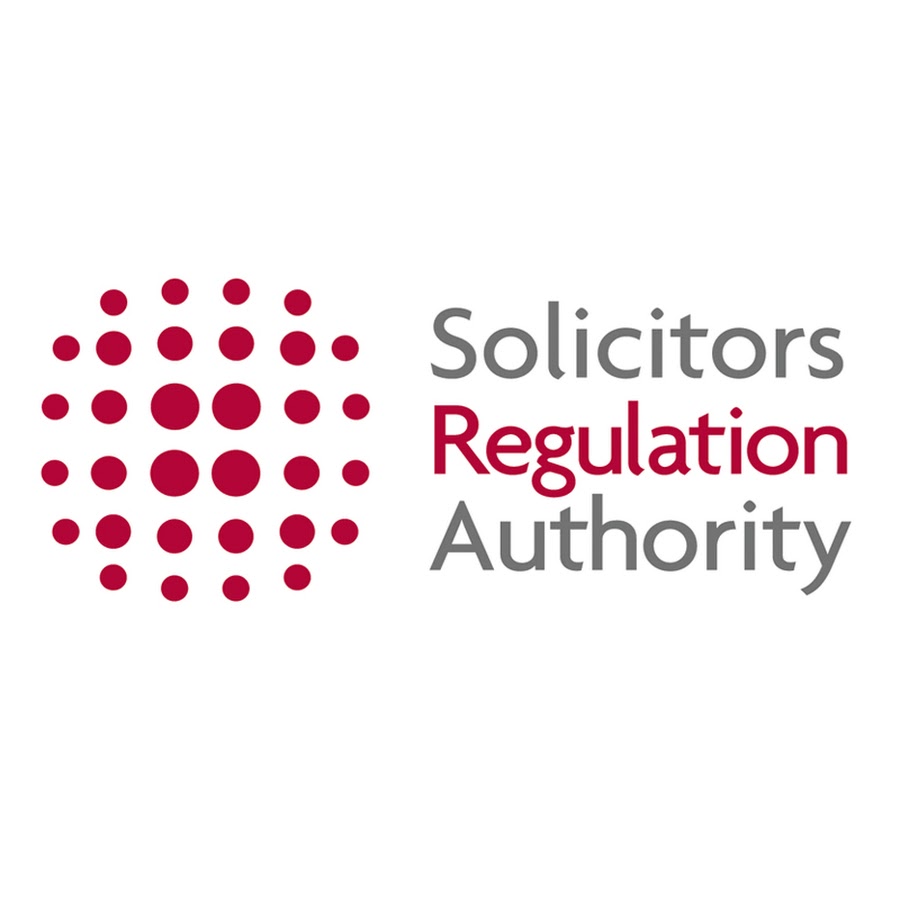
The Solicitors Regulation Authority (SRA) has released their schedule of the SRA Standards and Regulations including their final draft of the Rules. While the initial set of Standards and Regulations were approved by the Legal Services Board (LSB) back in November 2018, the SRA have now made a few further amendments which have resulted in a delay in their release to November 2019.
The aim of the new SRA Standards and Regulations is to place greater trust in the professional judgement of solicitors and other legal professionals. The current SRA Handbook, in its 21st version, will be replaced by the new SRA Standards and Regulations.
A portion of the Standards and Regulations are already in force, including the SRA Transparency Rules, SRA Indemnity Rules and SRA Indemnity Enactment Rules. The SRA Compensation Fund Rules and SRA Indemnity Insurance Rules still await initial LSB approval, together with a few minor amendments to the SRA Code of Conduct for Firms, and the SRA Code of Conduct for Individuals which were previously approved by the LSB.
SRA Standards and Regulations 2019 – What’s changed?
Shorter and more targeted than the previous SRA Handbook, the new SRA Standards and Regulations focus on what really matters – the issues most important to protecting the public and their money.
Principles
Where the previous Handbooks contained 10 Principles with accompanying notes, the SRA Standards and Regulations implemented in 2019 are constructed around seven Principles which apply outside, as well as inside, practices. The principle to act in the best interest of the client has not changed, but a new principle of honesty has been added.
The onus is now on solicitors to interpret the Principles and use their better judgement as opposed to rigidly interpreting a narrow set of examples.
Code of Conduct
Previous codes of conducts were too long, confusing and complicated. They blurred the lines between individual and entity responsibility. Therefore, it has been replaced with one Code of Conduct for individuals, and a separate Code of Conduct for firms. This will also make it easier for consumers to understand. The separate codes will also ensure a clear distinction between expectations of individuals and expectations of firms. The indicative behaviours which appeared in previous codes have been removed.
Insurance Distribution
There is a new explicit requirement that all contracts proposed must be consistent with the client’s demands and needs. Furthermore, if you advise on a certain product then you must provide a personalised recommendation explaining why the product recommended best meets the client’s needs.
How can you prepare for the new Standards and Regulations?
- Consider how you will be training your staff in the Standards and Regulations.
- Review the changes in the rules, and consider the impact these may have on your firm.
Analyse the effects the new Standards and Regulations will have on your firm’s risk and compliance strategy.- Review all firm policies and procedures and amend these to reflect the changes in the Standards and Regulations.
VinciWorks’ SRA Training

VinciWorks will soon be releasing interactive and fully customisable SRA Standards and Regulations training. VinciWorks’ SRA training suite will help legal professionals, including support staff, to develop an understanding of the relevant regulations which apply to their specific role in the law firm.














